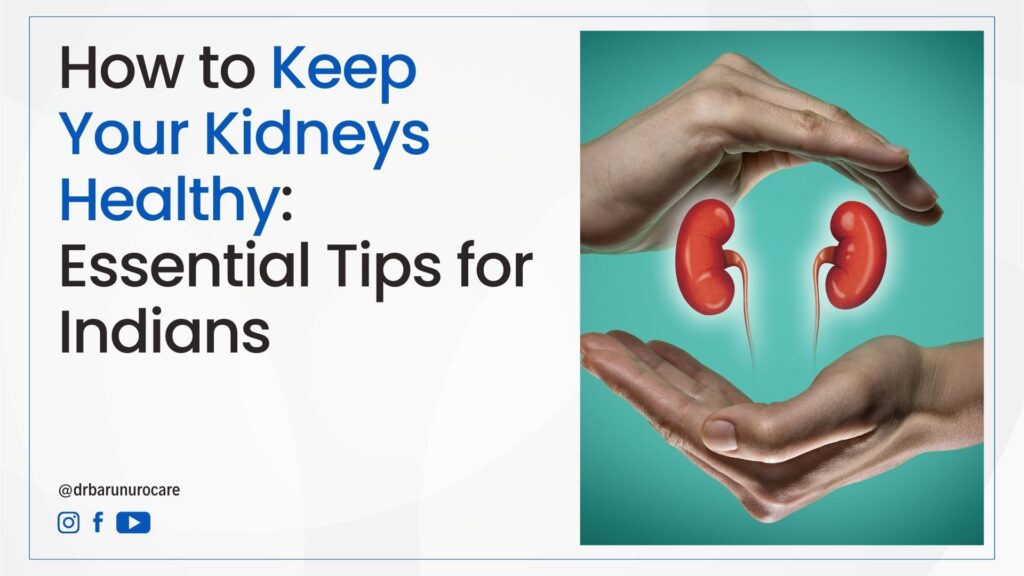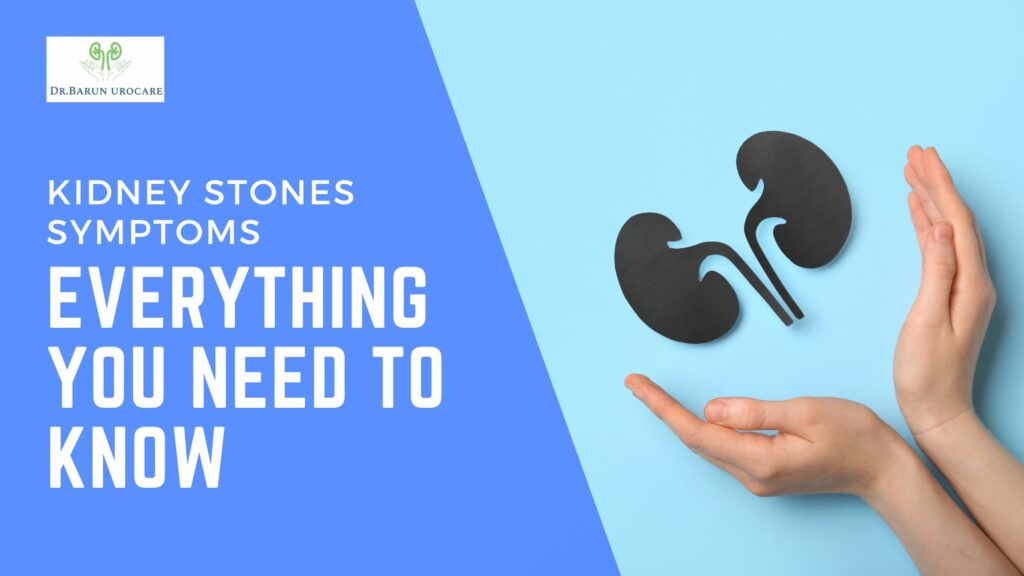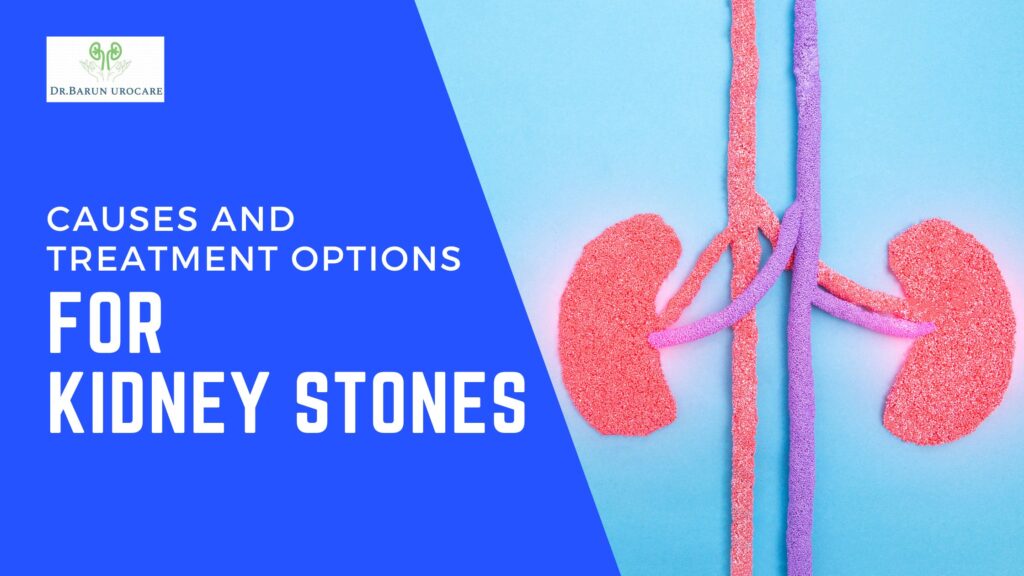Your kidneys are vital organs that play a crucial role in your overall health. They filter waste products and excess fluids from your blood, helping to regulate your blood pressure and maintain a healthy balance of electrolytes. Unfortunately, many people in India are unaware of the importance of kidney health and the steps they can take to protect these vital organs.”
In this blog post, I’ll discuss the common kidney problems faced by Indians, the risk factors involved, and essential tips for maintaining healthy kidneys. By understanding these factors and incorporating these tips into your daily life, you can significantly reduce your risk of developing kidney disease and enjoy a healthier, happier life.
Understanding Your Kidneys
Your kidneys are two bean-shaped organs located on either side of your spine, just below your ribs. They are responsible for filtering waste products and excess fluids from your blood, producing urine that is then excreted from your body. Healthy kidneys are essential for maintaining overall health and well-being.
Unfortunately, kidney problems are becoming increasingly common in India. Chronic kidney disease (CKD) is a progressive condition that can lead to kidney failure if not treated early. Other common kidney problems include kidney stones, which are hard deposits that form in the kidneys, and urinary tract infections (UTIs).
Essential Tips for Kidney Health:
Diet
Your diet plays a crucial role in maintaining kidney health. A balanced diet can help prevent kidney damage and reduce the risk of kidney disease. Here are some essential dietary tips to keep your kidneys healthy:
- Hydration: Drinking plenty of water is essential for maintaining proper kidney function. Aim to drink at least 8-10 glasses of water per day, especially in India’s hot climate.
- Limiting sodium: Excessive sodium intake can increase blood pressure and strain your kidneys. Reduce your intake of processed foods, canned goods, and fast food, which are often high in sodium.
- Avoiding harmful substances: Excessive alcohol consumption and smoking can damage your kidneys. It’s important to limit or avoid these substances altogether.
- Choosing healthy fats: Opt for healthy fats like olive oil, avocado, and nuts, while limiting saturated and trans fats.
- Monitoring protein intake: While protein is essential for overall health, excessive protein intake can strain your kidneys. If you have kidney disease, your doctor may recommend limiting your protein intake.
By following these dietary guidelines, you can significantly improve your kidney health and reduce your risk of kidney disease.
Lifestyle
Your lifestyle choices can also have a significant impact on your kidney health. Here are some essential lifestyle tips to keep your kidneys healthy:
- Regular exercise: Physical activity can help improve kidney function and reduce the risk of kidney disease. Aim for at least 30 minutes of moderate-intensity exercise most days of the week.
- Weight management: Being overweight or obese can increase your risk of kidney disease. Maintaining a healthy weight through a balanced diet and regular exercise is important.
- Stress management: Chronic stress can negatively affect your overall health, including your kidneys. Practice stress-reduction techniques like meditation, yoga, or deep breathing.
- Medication management: If you have underlying health conditions like diabetes or high blood pressure, it’s crucial to take your prescribed medications as directed. These medications can help protect your kidneys from damage.
By incorporating these lifestyle changes into your daily routine, you can significantly improve your kidney health and reduce your risk of kidney disease.
Regular Check-ups
Regular check-ups with your healthcare provider are essential for maintaining kidney health. These check-ups can help detect early signs of kidney problems and allow for timely intervention. If you have risk factors for kidney disease, such as diabetes or high blood pressure, it’s especially important to schedule regular check-ups.
- Kidney function tests: Your healthcare provider may order blood tests to assess your kidney function. These tests measure levels of creatinine, a waste product filtered by your kidneys.
- Urine tests: Urine tests can help detect protein or blood in your urine, which may be signs of kidney damage.
- Imaging studies: In some cases, imaging tests like ultrasounds or CT scans may be needed to assess the structure and function of your kidneys.
By scheduling regular check-ups and following your healthcare provider’s recommendations, you can help ensure the health of your kidneys and prevent serious complications.
Conclusion
Your kidneys are vital organs that play a crucial role in your overall health. By incorporating the essential tips discussed in this blog post into your daily life, you can significantly reduce your risk of kidney disease and improve your overall well-being.
Remember, early detection is key when it comes to kidney problems. Schedule regular check-ups with your healthcare provider and don’t hesitate to seek medical attention if you experience any concerning symptoms.
Taking proactive steps to protect your kidney health can help you live a longer, healthier, and more fulfilling life.
If you have any questions or concerns about your kidney health, please don’t hesitate to call +91 62899 58022 and schedule a consultation with us for personalized advice and recommendations based on your individual needs.
Frequently Asked Questions About Kidney Health
Q: What are the early signs of kidney problems?
A: Early signs of kidney problems can include fatigue, swelling in the legs or ankles, changes in urination (such as increased frequency or difficulty urinating), and blood in the urine. If you experience any of these symptoms, it’s important to consult with a healthcare provider.
Q: How can I prevent kidney stones?
A: To prevent kidney stones, stay hydrated, limit your sodium intake, and eat a balanced diet rich in fruits and vegetables. Avoid excessive consumption of sugary drinks and caffeine.
Q: Are there certain medications that can damage my kidneys?
A: Some medications, when used improperly or in combination with other drugs, can damage your kidneys. It’s important to consult with your healthcare provider before taking any new medications.
Q: Can diabetes and high blood pressure affect my kidneys?
A: Yes, diabetes and high blood pressure are two of the leading causes of kidney disease. It’s essential to manage these conditions effectively to protect your kidneys.
Q: How often should I get a kidney check-up?
A: If you have risk factors for kidney disease, such as diabetes or high blood pressure, you should schedule regular check-ups with your healthcare provider. The frequency of these check-ups will depend on your individual circumstances.
Q: Can I reverse kidney damage?
A: While it may not be possible to completely reverse kidney damage, early detection and treatment can help slow the progression of kidney disease and improve your overall quality of life.



